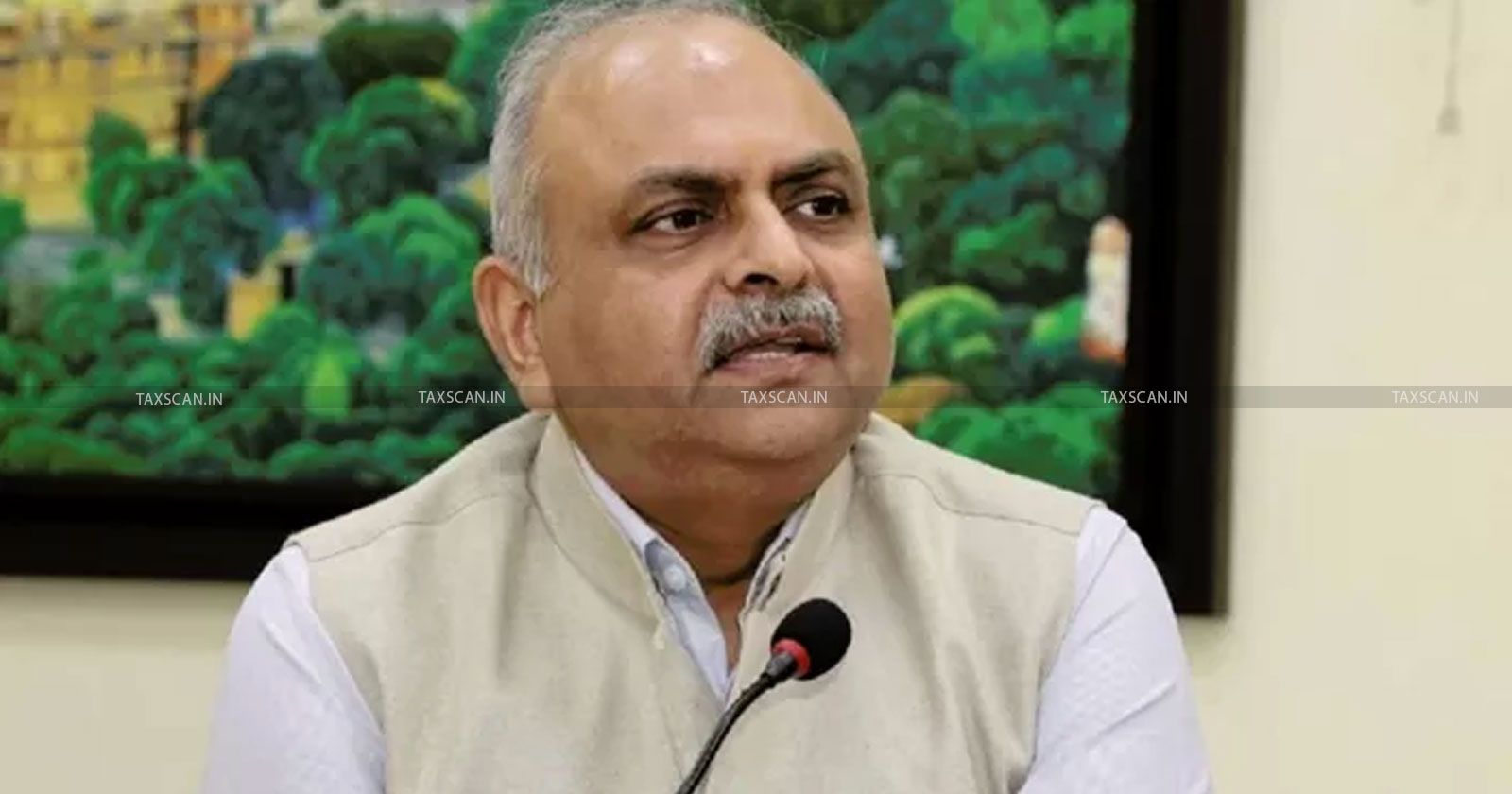Income Tax Dept to Focus on Simplification, Bizmen Friendly Administration: CBDT Chairman about New Income Tax Law
The CBDT Chairman expressed satisfaction over the positive reception of the recent Union Budget, particularly the tax relief measures that benefit over a crore of taxpayers

The Central Board of Direct Taxes (CBDT) has renewed its efforts to simplify India's Income tax system, with focus on building trust and supporting economic growth. In a recent interview with the Times of India, CBDT Chairman Ravi Agrawal shared his confidence in the country's direct tax revenues, despite current economic challenges, putting focus on the key reforms aimed at making tax compliance more efficient and user-friendly.
Agrawal expressed satisfaction over the positive reception of the recent Union Budget, particularly the tax relief measures that benefit over a crore of taxpayers. The budget’s target of Rs 22.37 lakh crore in direct taxes, which includes a significant Rs 1 lakh crore in taxpayer relief, aims to stimulate the economy.
Know When to Say No to Cash Transactions, Click Here
Agrawal explained that such economic stimulation would eventually lead to higher tax revenues, with growth expected from business income, corporate expansion, and rising salaries. “As businesses grow, the economy grows, and so will tax revenues,” he said, noting that the direct tax revenue growth is projected at 15% this year, exceeding the target of 12.46%.
The number of taxpayers eligible for benefits has increased, with changes to the rebate thresholds, allowing those with income up to Rs 12 lakh to avoid tax liabilities. This has extended the benefits to a larger group, including many who were previously in the Rs 7 lakh to Rs 12 lakh income range.
Agrawal pointed out that, while about 9 crore returns are expected to be filed, the actual number of taxpayers would be around 3 crore, as many will now fall under the non-taxable category due to the revised rebate.
Know When to Say No to Cash Transactions, Click Here
One of the key initiatives of the CBDT is its shift towards a more participative approach in tax administration. Historically, the Income Tax Department was seen as an adversarial entity, but Agrawal emphasized that this approach has changed. "We are adopting a non-intrusive, non-adversarial, and participative approach," he said, noting that trust now underpins the department's operations. He further elaborated that the goal is not only to collect taxes but also to ensure that the tax system supports economic growth and business development.
The department's focus on simplification extends to the introduction of a new bill to revamp the old Income Tax Act, which was enacted in 1961. Agrawal explained that the new reforms aim to make the Act clearer and easier to understand by simplifying language and presentation. This overhaul seeks to reduce taxpayer confusion and compliance challenges, which can often lead to litigation. "Simplifying the language will help people better understand the provisions, leading to fewer disputes," Agrawal said, emphasizing that the size of the document will also be reduced.
Know When to Say No to Cash Transactions, Click Here
Agrawal also introduced the "PRUDENT" framework, which encapsulates the CBDT's new approach: Proactive, Rule-based, User-friendly, Data-driven, Enabling, Non-intrusive, and Technology-driven. This framework focuses on making the tax process more transparent and business-friendly, ensuring fairness and predictability. Several recent reforms, including the rationalisation of Tax Deducted at Source (TDS) and Tax Collected at Source (TCS), aim to make tax compliance simpler for both businesses and individuals. Additionally, provisions supporting start-ups and International Financial Services Centres (IFSCs) are being expanded to encourage innovation and further economic growth.
Agrawal concluded by urging stakeholders to share their suggestions with the department, assuring them that all feedback would be considered in future reforms. “The department is committed to delivering an Income Tax Act that is straightforward and easy to comply with,” he said, reinforcing the commitment of the Central Board of Direct Taxes (CBDT) to enhancing the ease of doing business in India while ensuring that tax administration remains efficient, transparent, and supportive of the current economic progress of the nation.
Support our journalism by subscribing to Taxscan premium. Follow us on Telegram for quick updates


